Aminatta Forna on Toni Morrison
“The function, the very serious function of racism is distraction. It keeps you from doing your work. It keeps you explaining, over and over again, your reason for being. Somebody says you have no language and you spend twenty years proving that you do. Somebody says your head isn’t shaped properly so you have scientists working on the fact that it is. Somebody says you have no art, so you dredge that up. Somebody says you have no kingdoms, so you dredge that up. None of this is necessary. There will always be one more thing.”.
The gatekeepers of publishing, still overwhelmingly white, determine who gets to write what. Stay in your lane, they tell us.
Aminatta Forna
The very first time I read these words, I knew them to be true. I was in my late twenties, working as a television reporter. I was being pushed and resisting being pushed into reporting the same story, over and over – the story of white people’s, specifically, British white people’s racism. At first I regarded this, at least in part, my duty. It didn’t take long for the hidden fallacy to reveal itself. I was being asked to explain, not to black people who knew plenty, but to white people who I was being asked to pretend were oblivious to the fact of it. By the time I came across them, Toni Morrison’s words were already a decade and a half old. In the many years that have passed, I have watched the fallacy be shaped and reshaped to ensnare new generations. Today, in many ways, in the arts in the United States where I now live, the requirement to ‘explain’ has become more entrenched than ever.
The gatekeepers of publishing, still overwhelmingly white, determine who gets to write what. Stay in your lane, they tell us. You may write your own experience, but these subjects here, these vast and multidimensional subjects of global importance, you may not touch these. I have a job which requires me to invite writers to speak and to engage with other writers on a variety of subjects at the university where I teach. There are any number of black and minority writers who can speak on race, but when it comes to, say, someone to talk about America’s foreign policy on the former Soviet Union and Ukraine, it suddenly becomes very much harder. Write what you want, I say to my students. And if you want to write about race, do so. But be sure you know that this is not your job. For as Morrison said in the same speech:
“Educating the conqueror is not our business. But if it were, the best way to do it is to *not* explain anything to him, but to make ourselves strong.”
Check out Aminatta Forna’s latest book The Window Seat
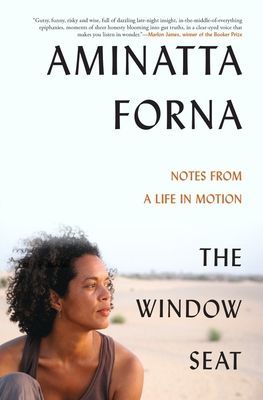
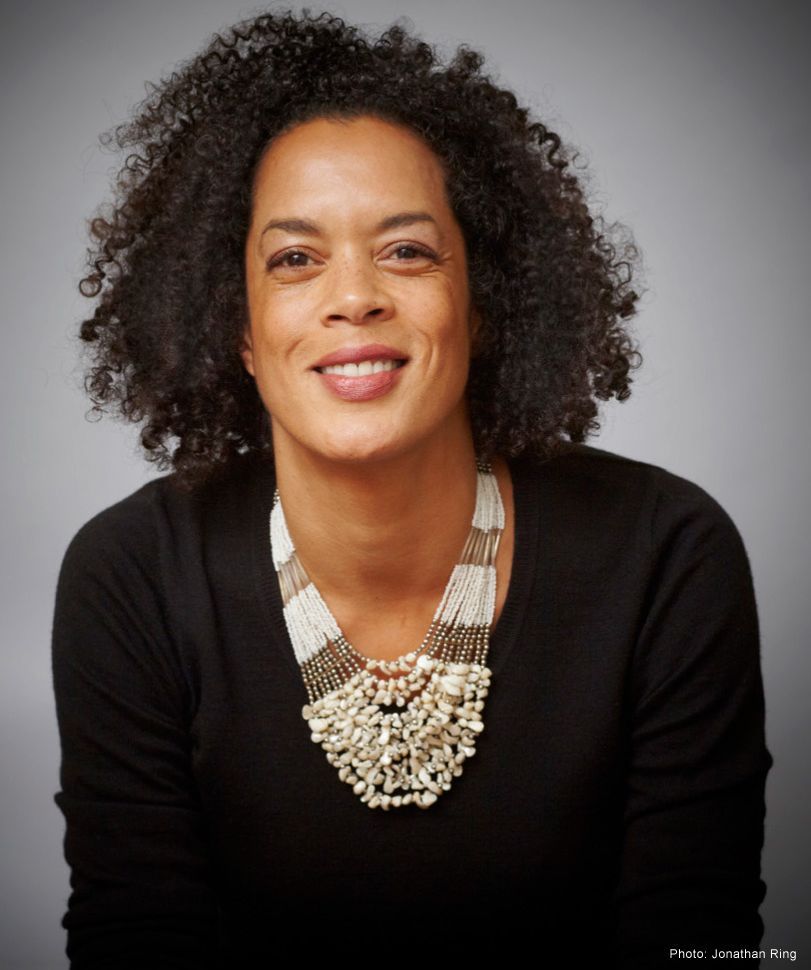
Aminatta Forna was born in Scotland, raised in Sierra Leone and Great Britain and spent periods of her childhood in Iran, Thailand and Zambia.
She is the award-winning author of the novels Happiness
, The Hired Man
, The Memory of Lov
e and Ancestor Stones
, and a memoir The Devil that Danced on the Water.
Her most recent, The Window Seat
(Grove Atlantic, 2021), is a stunning new collection of essays crossings both literal and philosophical, our relationship with the natural world, and the stories that we tell ourselves.
See Aminatta Forna live at Beloved: A Celebration of Toni Morrison and Black Women Writers with Donna Bailey Nurse
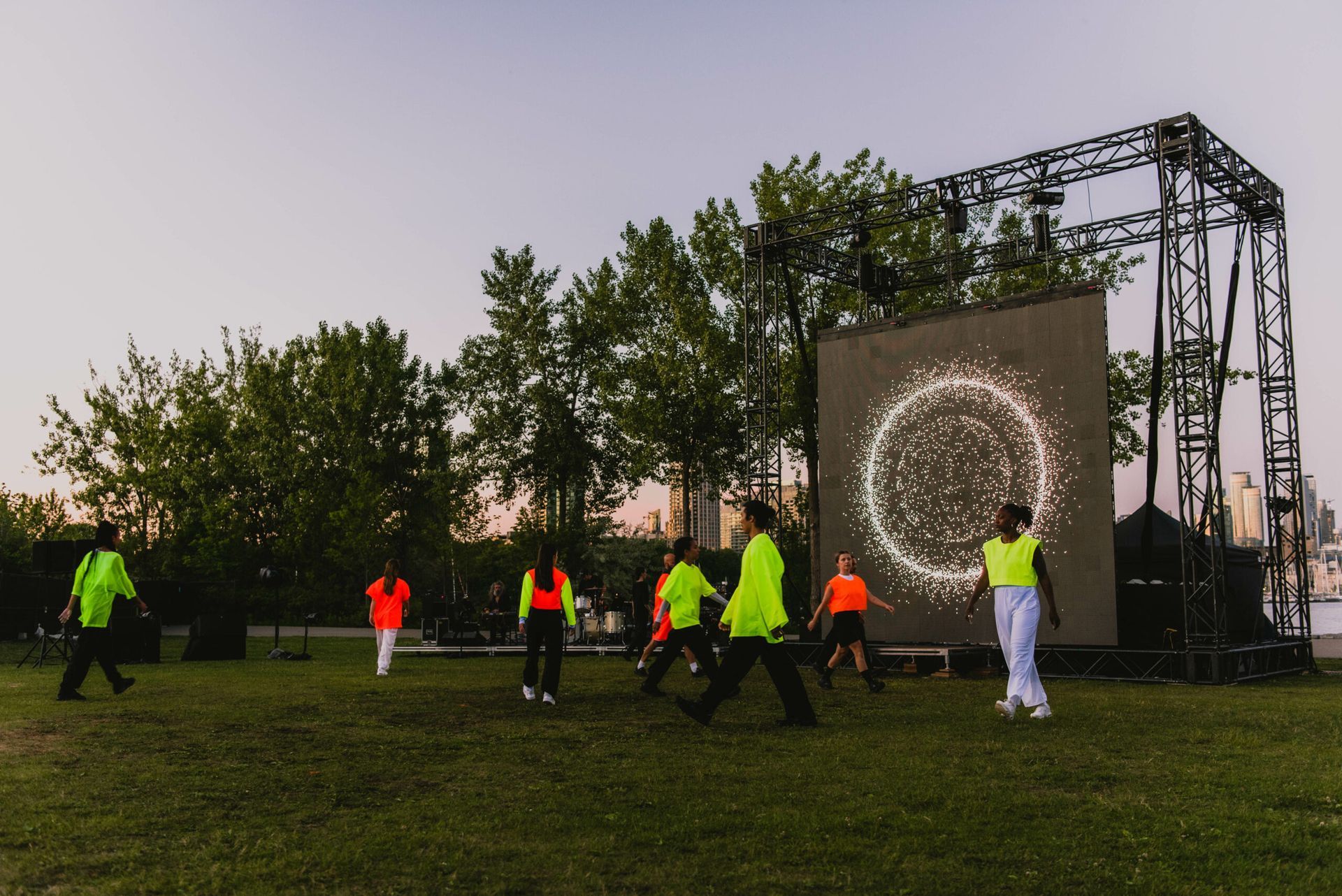



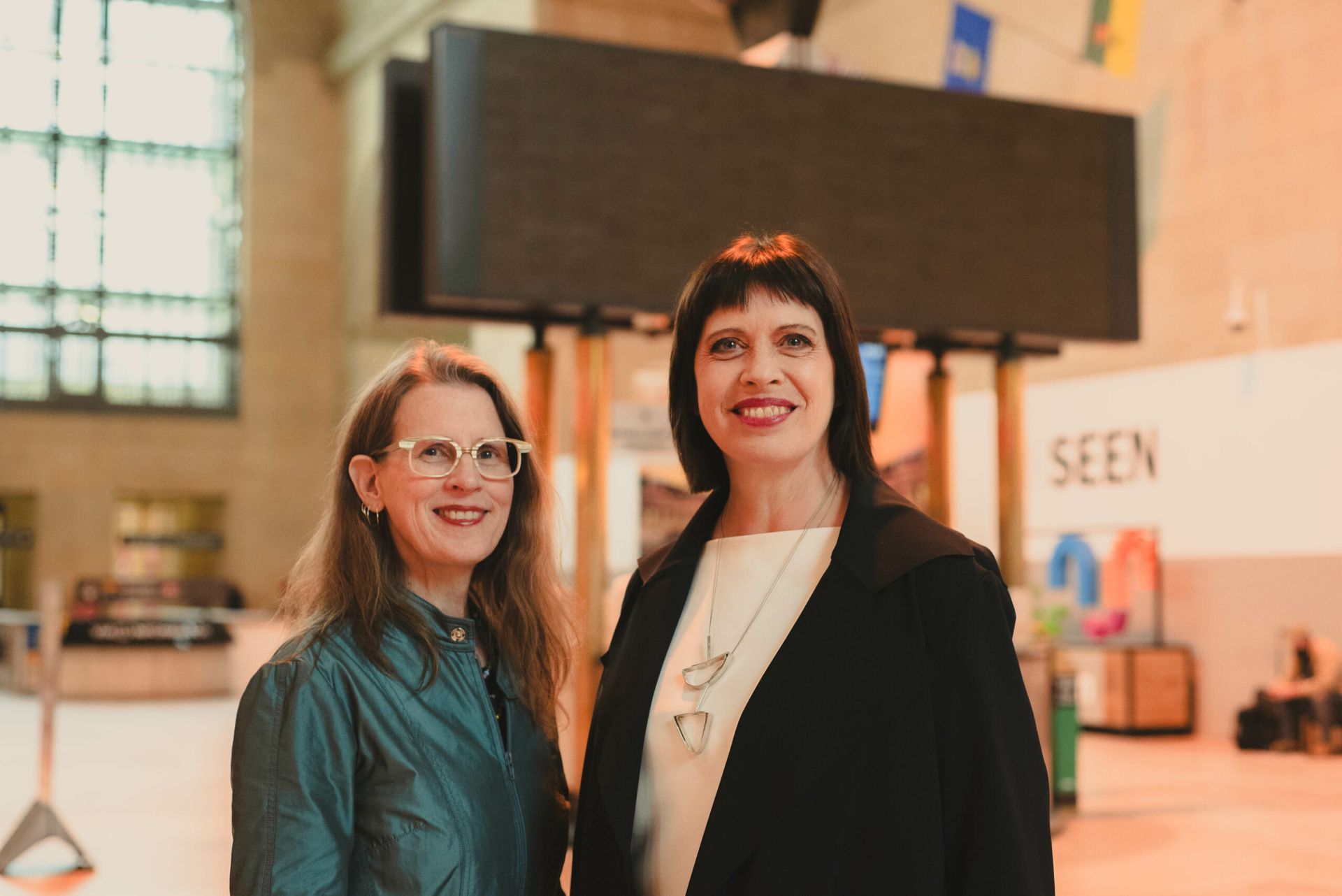
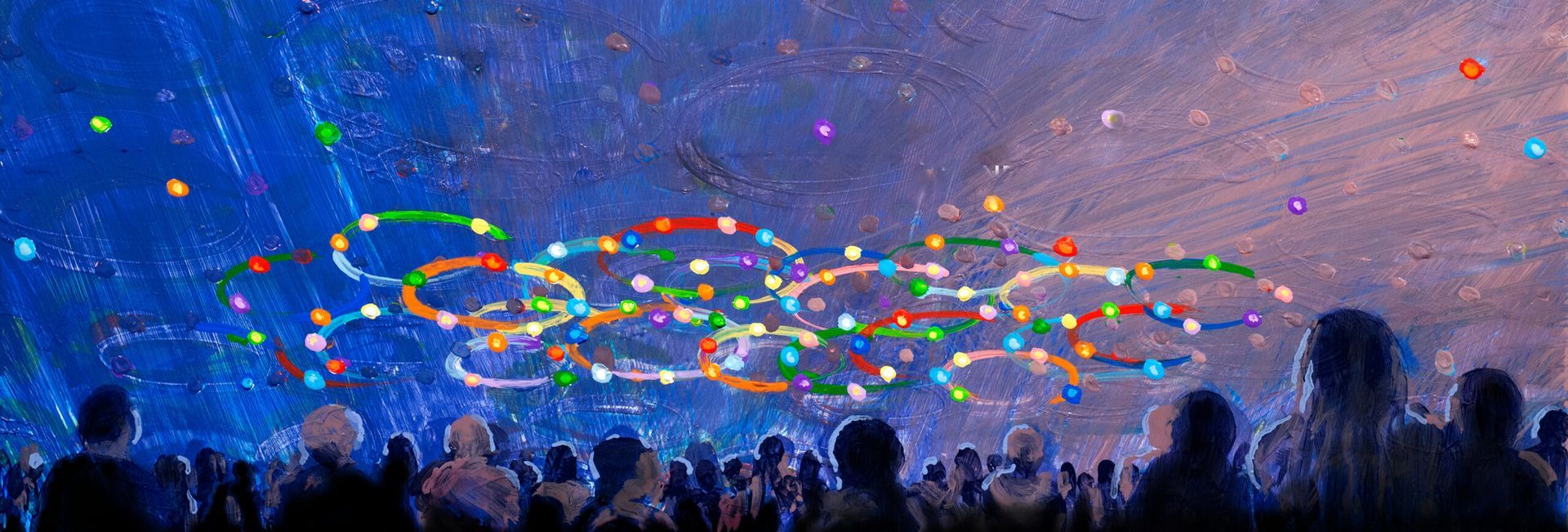




© 2025 Luminato Festival Toronto, All rights reserved.
Privacy Policy
|
Terms and Conditions

